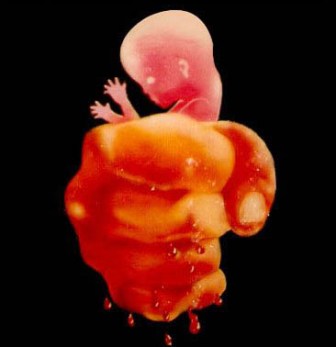Among 216 births over the past three months not a single girl is born since April in northern part of Uttarakhand state. Authorities are investigating the incident happening in 132 villages of Uttarkashi district, 250 miles from New Delhi.
The villages have been marked as a ‘red zone’ as the practice of female foeticide that was banned in 1994 still continues. Government has deployed a team of 25 officials to investigate abortions of female foeticide.

“However the statistics in these villages clearly indicated the prevalence of female foeticide” said Kalpana Thakur, a women’s rights activist and social worker. Uttarkashi district magistrate Ashish Chauhan said, “We have identified areas where the number of girl childbirth is zero or in single-digit numbers”. It cannot be just a coincidence as it clearly beckons female foeticide is taking place in the district, he added, as per local reports.
Traditionally girls were considered a liability, as heavy dowries have to be paid at their weddings, while boys are seen as assets for carrying the family name and being allowed to perform important Hindu rites and also a source of dowries. Activists says, many families want only boys, and keep aborting unborn daughters until they get a son.
History had been spectator of baby girls poisoned, suffocated, drowned, starved or simply abandoned and left to die. A United Nations report in 2014 said the dropped number of girls in India was primary cause for the rise in the number of rapes and other sexual crimes against women in the country. The sex ratio has declined from 943 girls for every 1,000 boys to 896 girls showing that the condition has worsened.
Meanwhile, in Punjab, Gujarat and Haryana thousands of young men are failing to find brides due to a shortage of women. The saddest part is that in some of their families people have started importing brides from poor states of the country in the hope that they will produce male offspring.
Tanya Trivedi

